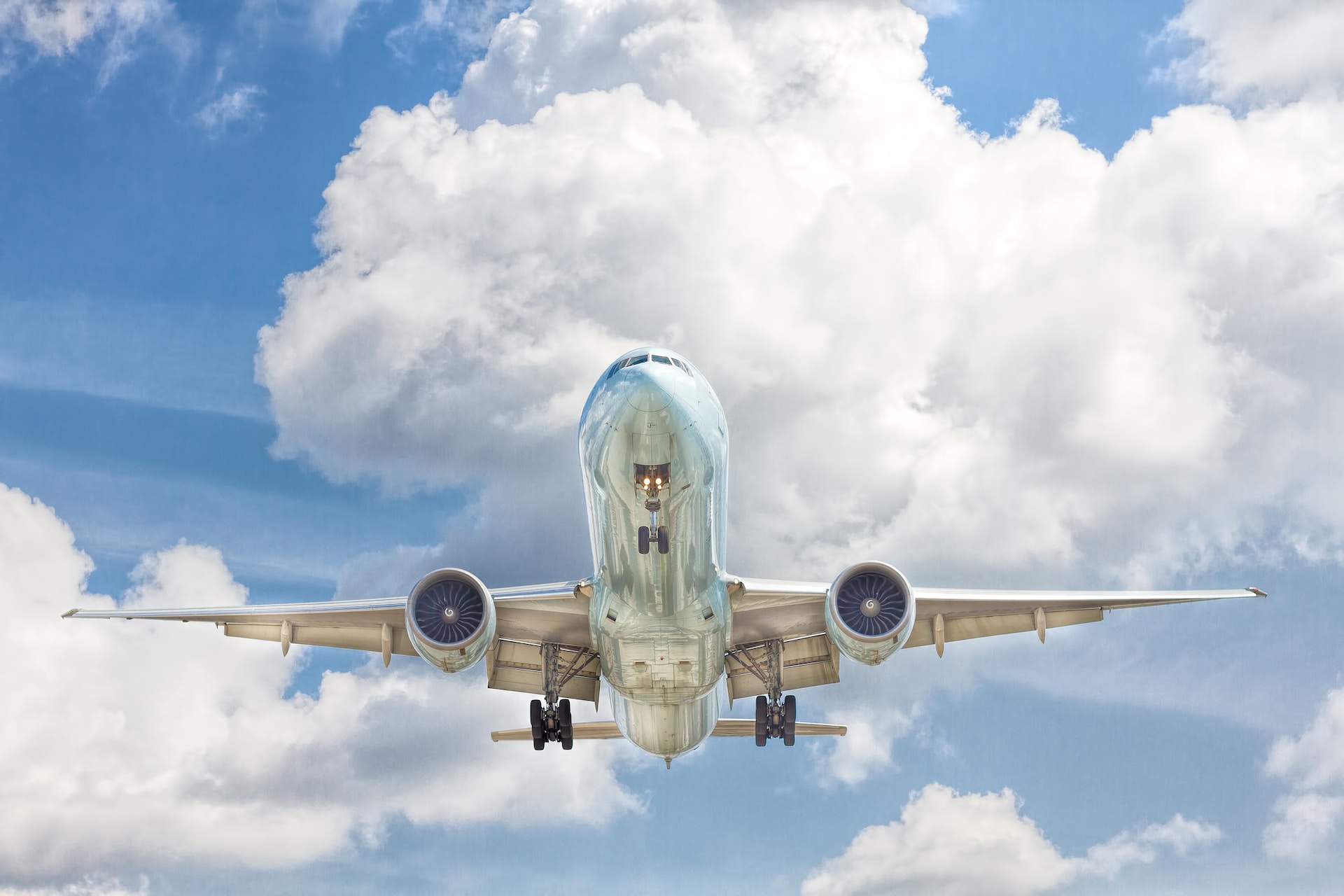The International Air Transport Association (IATA) and the Aviation Impact Accelerator (AIA) have announced a collaboration.
This collaboration is to speed up the transition to net zero for the aviation sector by 2050.
Aviation Impact Accelerator is an international industry-academia partnership based at the University of Cambridge.
Under the alliance, the organizations plan to assess the financial aspects of achieving the 2050 net zero goal.
Working further with the previous data, the collaboration will support the development of scenario-based tools which airlines will use to figure out and estimate better decarbonization steps.
This collaboration is expected to assist airlines and policymakers in making intelligent decisions.
The collaboration will further set a solid foundation for IATA and AIA to develop a wider, long-term partnership, IATA added.
AIA aims to create sustainable aviation. For this, it offers fact-based tools that help people in understanding, mapping and choosing ways to sustainable flying.
What the parties say –
Prof. Rob Miller, Director of the Whittle Laboratory, University of Cambridge, and AIA lead, said,
“We are excited to launch this new collaboration between AIA and IATA, investigating realistic pathways for aviation’s transition to net zero emissions by 2050. IATA has a strong track record of fostering cooperation between airlines and other stakeholders and driving change in the sector.”
“We believe that by bringing this together with AIA’s unique modeling capability we have an opportunity to unlock change,”
Marie Owens Thomsen, IATA’s Senior Vice President of Sustainability and Chief Economist, said,
‘’We are delighted to join forces with the Aviation Impact Accelerator with a view to enhancing our understanding of the many potential pathways to achieve air transport‘s sustainable future.”
“The development of different technological pathways will have an influence on the long-term outlook of our industry, and our collaboration will notably explore this intersection,‘’
The organizations aim to further collaborate on IATA’s Recommended Practice Per-Passenger CO2 Calculation Methodology project, among others.
The project uses a combination of verified airline operational data and a methodology. This produces accurate calculation results and transparency to all interested in understanding the carbon footprint from their flying activity.
source: https://www.iata.org/en/pressroom/2023-releases/2023-07-11-01/




